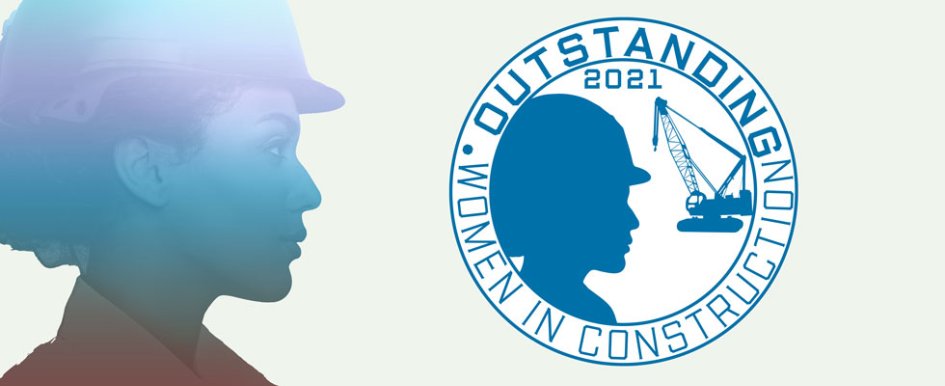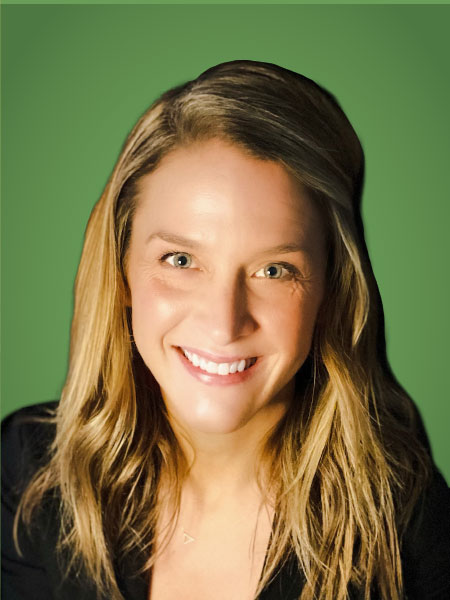
 No.1 Must-Have: “High empathy can be crucial to a team. Quickly and naturally connecting with people is sometimes missing in a work setting. Having the superpower to sense things that others might not always pick up on helps to bring balance to the team.”
No.1 Must-Have: “High empathy can be crucial to a team. Quickly and naturally connecting with people is sometimes missing in a work setting. Having the superpower to sense things that others might not always pick up on helps to bring balance to the team.”
With a bachelor’s degree in construction management from Wentworth Institute of Technology, Katie Freed originally planned to pursue architecture ahead of a newfound interest in the business side of construction. She first worked for a small general contractor before landing a job in the cost department at Turner Construction. “I fell in love with the financial side of construction, which is how I found my way into the niche of cost controls,” said Freed. After stepping away from work to raise twin boys, Freed returned to the industry with a new position in the infrastructure department at Facebook.
Today, she works in the data centers group within Facebook’s infrastructure department within the construction management arm that supports the building of Facebook’s data centers. These large, expansive campuses are located across the globe — with active campuses in North America, Europe and in Singapore — with new builds currently underway. Each campus holds multiple buildings, and the timeline for construction on each building is about 2 years. These buildings house the servers, cloud storage, and supporting mechanical and electrical systems and components required to keep Facebook’s infrastructure operating as it does worldwide. To build these campuses, Freed has worked with several major general contractors globally for years.
Alongside the global cost manager within infrastructure, construction management, Freed oversees all financial controls used to construct Facebook’s data centers — everything from general budget (forecasting, cash, etc.) to invoice reviews, change management and risk management. During the pandemic last year, Freed’s workload went global when she also took on cost management of Facebook’s European facilities, which, to date, remains one of Freed’s most challenging and rewarding experiences.
Throughout her career, Freed has kept a close eye on how the employee experience in construction is changing. “There’s more appreciation for the trades and the people who actually build these buildings; a push to get new blood into the industry; and certainly, more outreach to underrepresented groups — there was none of that when I started,” said Freed. “I've seen a huge difference in areas such as allyship, and understanding bias and inclusion.” A part of Facebook's core values is diversity. “We support a [social media] platform that is about representing everybody. This stance naturally trickles into our team and influences our work with our general contractor partners — we want them to adopt our culture as well.”
Freed credits her mentors with the success she’s seen as a woman in construction. “I’m lucky to work with people who really challenge me and give me direct feedback. Sometimes, something that's lacking for women is men feeling too uncomfortable to give women honest feedback — the same feedback they'd give to men in similar roles.” Freed also notes that support for women in construction doesn't always have to be women-led. “I think allyship is huge and should be bigger,” she said. “It often ends up falling on the shoulders of a younger female engineer who is just assigned the task. She then has to take that ‘diversity tax’ hit to start up that program herself. We need to encourage our allies to take on these responsibilities so that we can be a part of it and not have to make it happen for ourselves.”
Amid her involvement in several other diversity and inclusion programs and initiatives, Freed also leads the Women in Construction group across several corners of the organization, representing women within Facebook’s construction management, design engineering and construction teams. With about 10 existing chapters and the intention to create even more, Freed is shaping a playbook for use when a new site breaks ground that informs the best methods for building a strong Women in Construction program. “What we're working on is developing a standard at the site level and within our headquarters, employing different on-site outreach opportunities, fireside chats, educational sessions about allyship, and resources for women on the jobsite. Whether they work for Facebook, our general contractors, or if they're in the trades — we get them the resources that can help if they run into an uncomfortable situation, and offer them constructive ways to handle it.”
According to Freed, the best way to address bias and encourage allyship in construction is to keep educating herself in alignment with others. “Understanding allyship — what's normal and what's not normal, what's acceptable and what's not — finding the right way to approach the conversation, and creating inclusive environments for women are the ultimate goals.”
